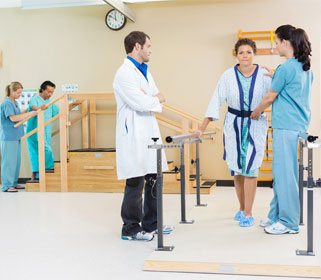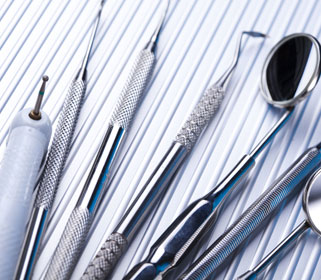Home » Medical Supplies & Equipment » Diabetes And Alcohol: The Potential Risks » Diabetes And Alcohol: The Potential Risks
Diabetes And Alcohol: The Potential Risks
According to the American Diabetes Association there are significant risks to consuming alcohol if you have been diagnosed with diabetes. This risk includes the possibility of developing hypoglycemia, or very low blood sugar levels, when alcohol is combined with any type of medications that act to lower blood glucose levels. It is also important for diabetics to keep in mind that the blood pressure lowering effects of alcohol, even one drink, can last up to 12 hours after consumption. Carefully monitoring you blood glucose and medications after any alcoholic beverage consumption is an important step to ensuring there are no complications.
General Guidelines:
Many people with blood sugar levels that are easily controlled enjoy an alcoholic beverage every now and then. However, for those with uncontrolled blood sugar levels, those switching insulin types or medications and those that have difficulty in managing their blood sugar alcohol is never recommended. If you are not sure if you should or can drink with your diabetes diagnosis talk to your doctor before indulging.
The some general tips for consuming alcohol if you are diabetic include:
- Only drink one alcoholic drink per day if you are a woman or two if you are a man. One drink is equal to an ounce and a half of spirits with a diet mixer or water, one 12 ounce beer or one 5 ounce glass of wine.
- Always consume food with your drink. This can include a light snack or a meal and be sure to include the value of the beverage into your meal calculation.
- Always test your blood prior to consuming the alcohol and never drink if your blood glucose level if lower than 100 mg/dL, as reported to be the lowest acceptable level by the American Diabetes Association. Ideally blood glucose levels should be closer to 140 mg/dL to avoid any possible risk of hypoglycemia with even one drink.
- Always check your blood again before going to sleep if you have consumed alcohol during the evening. Keep in mind that hypoglycemia causes sensations similar to being drunk including the urge to sleep. Any confusion, disorientation or dizziness combined with alcohol consumption of one or two drinks should be taken as a sign of low blood sugar levels. Confirmation with a blood glucose test combined with food to bring up blood sugar levels is essential to prevent possible life threatening drops in blood glucose.
Drinking alcoholic beverages on a regular basis if you have diabetes can make staying on your healthy diet much more challenging. It is essential not to substitute a drink in lieu of food in order to stay within your dietary goals. This will not only create possible health risks but it will also undermine your healthy living goals.
Individuals with Type 1 diabetes typically have greater risks with alcohol consumption than those with well managed Type 2 diabetes. However, it is important to keep in mind that blood sugar levels can drop suddenly with either type of diabetes. If you are going to have a drink always ensure that the people you are with are aware you are a diabetic. Tell them what to watch for, the disorientation, dizziness and confusion, which may look like intoxication but is really dangerously low blood sugar. Wearing a medical identification bracelet is also important in the event of a medical emergency.













